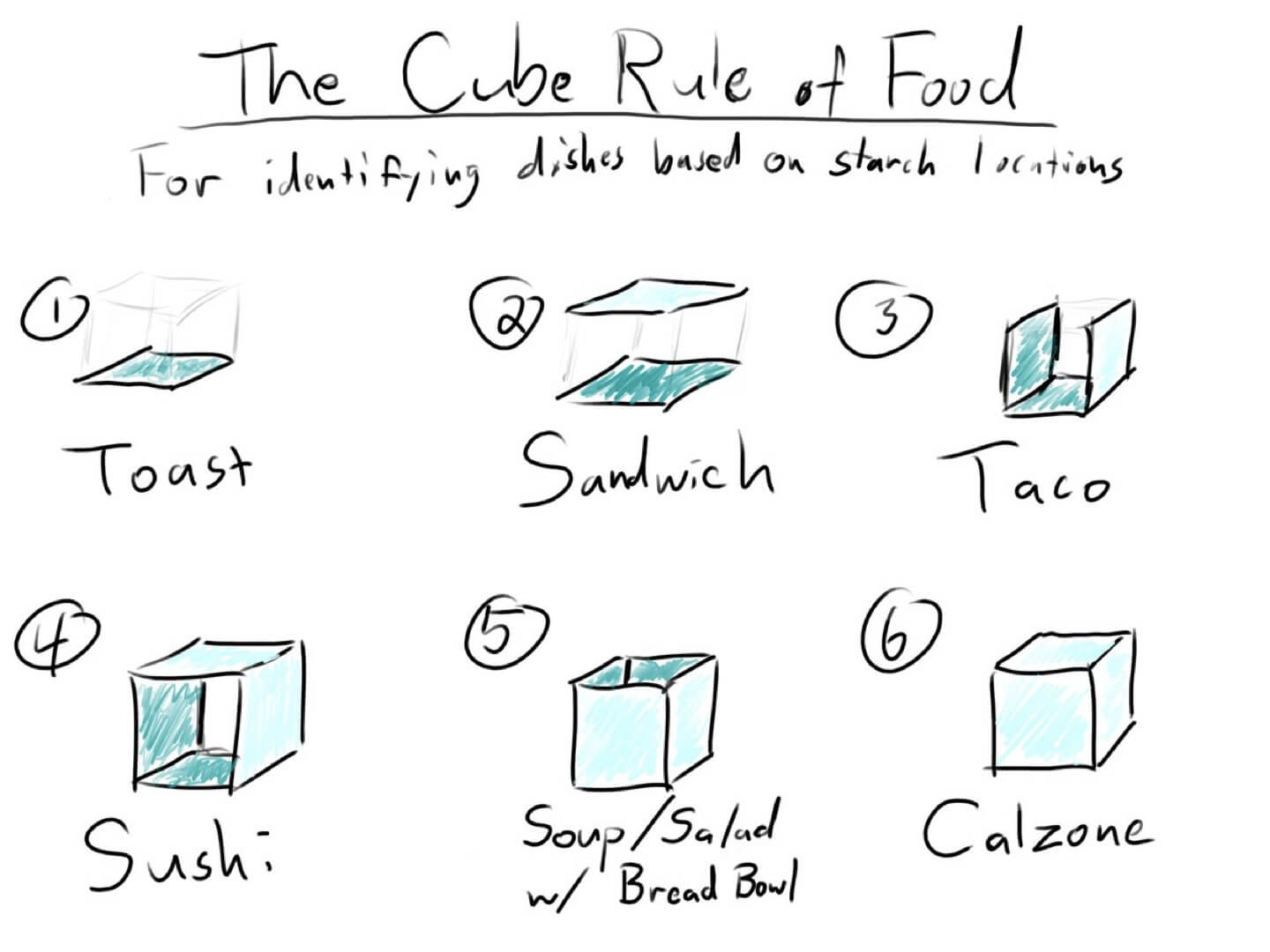

Could use Polars, afaik it supports streaming from CSVs too, and frankly the syntax is so much nicer than pandas coming from spark land.
Do you need to persist? What are you doing with them? A really common pattern for analytics is landing those in something like Parquet, Delta, less frequently seen Avro or ORC and then working right off that. If they don’t change, it’s an option. 100 gigs of CSVs will take some time to write to a database depending on resources, tools, db flavour, tbf writing into a compressed format takes time too, but saves you managing databases (unless you want to, just presenting some alternates)
Could look at a document db, again, will take time to ingest and index, but definitely another tool, I’ve touched elastic and stood up mongo before, but Solr is around and built on top of lucene which I knew elastic was but apparently so is mongo.
Edit: searchable? I’d look into a document db, it’s quite literally what they’re meant for, all of those I mentioned are used for enterprise search.






Oh seriously? When there were rumblings of it coming years ago, I just assumed it would be implemented as a VBA successor, have everything local but just baked into excel. I guess I shouldn’t be that surprised though…